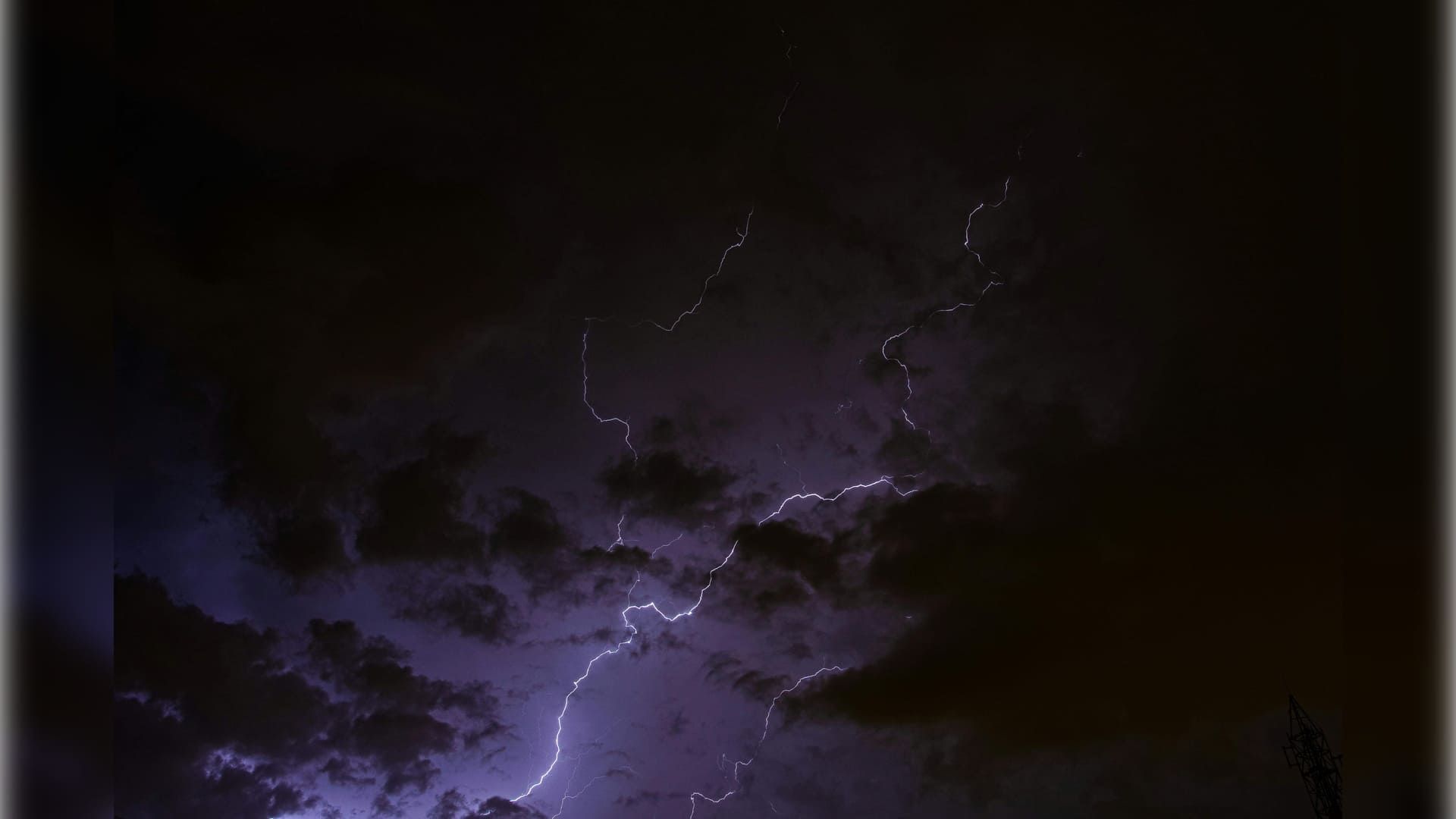Lesser-Known Anxiety Symptoms You Might Be Ignoring

Sarah Johnson, MD

Most people recognize classic signs like a racing heartbeat and sweating. But there are also unusual anxiety symptoms that are less obvious. Anxiety affects nearly every system in your body — nervous, digestive, sensory, and muscular. This wide impact explains why you might notice things like shortness of breath, chest tightness, or sudden changes in body temperature. These hidden signs of anxiety often appear even when your mind feels calm. By recognizing this mind-body connection, you can better understand why physical effects of stress show up in unexpected ways.
For personalized guidance in identifying and managing them, explore mental health AI.
What Are Lesser-Known Anxiety Symptoms?
People often notice a fast heartbeat and sweating, but anxiety can also cause lesser-known anxiety symptoms that are less obvious. It has an effect on almost every system in your body, including the nervous, digestive, sensory, and muscular systems. This broad impact is why these lesser-known anxiety symptoms occur. Knowing how widespread this effect is can help you understand why you might feel strange physical changes even when you seem mentally calm.

Examples of Unusual Anxiety Symptoms
Physical Signs
- Muscle spasms or twitching caused by nervous system imbalance
- Tingling or “pins and needles” from circulatory changes during stress
- Dizziness or lightheadedness linked to adrenaline rushes
- Jaw clenching or teeth grinding (bruxism), often triggered by chronic anxiety
Shaking or trembling can also occur without any physical illness — it’s one of the most common tremors as a symptom of anxiety, often caused by adrenaline surges and muscle tension.
Sensory Changes
- Tinnitus (ringing in the ears),
- Blurry vision,
- Constant "lump in the throat" (globus sensation).
Cognitive Symptoms
- Memory problems,
- Brain fog,
- Derealization (the feeling of being disconnected from your surroundings).
Digestive & Other Reactions
Bloating, nausea, sudden chills, or changes in temperature for no apparent reason.
Why Do These Unusual Symptoms Happen?
These lesser-known anxiety symptoms happen because of your body’s fight-or-flight response. When stressed, your nervous system floods your body with adrenaline and cortisol to prepare for danger. While this is helpful short-term, ongoing stress keeps the system overactive, leading to chronic symptoms like chest tightness, digestive problems, or hormonal mood swings. This process shows how strongly your mind and body are connected — and why physical effects of stress should never be ignored.
When to Be Concerned
Some symptoms are usually harmless, but some need to be checked out by a doctor. If you have chest pain, sudden weakness, slurred speech, or other symptoms that make it hard to do your daily tasks, get help. A doctor can rule out other illnesses and give you peace of mind.
Understanding the difference between worry and anxiety can help you recognize when normal concern turns into physical tension and unusual anxiety symptoms.
How to Cope With Lesser-Known Anxiety Symptoms
There are many effective ways to manage lesser-known anxiety symptoms without feeling powerless.
- Mindfulness & Grounding
Try the 5-4-3-2-1 grounding technique, deep breathing, or progressive muscle relaxation to calm your body. These tools reduce the impact of hidden signs of anxiety like dizziness or tingling. - Movement & Lifestyle Shifts
Walking, stretching, or yoga release tension and balance the nervous system. Regular exercise lowers cortisol levels, reducing the intensity of physical anxiety symptoms. - Therapy & Emotional Awareness
Cognitive Behavioral Therapy (CBT) helps uncover thought patterns that fuel anxiety. Journaling or tracking symptoms can reveal triggers for unusual anxiety reactions. - Self-Care & Support
Practicing good sleep hygiene, reducing caffeine, and joining support groups are proven ways to reduce both common and lesser-known anxiety symptoms.
FAQ
Can anxiety cause strange physical sensations?
Yes, this is one of the most common but least talked about things about anxiety.
Do unusual anxiety symptoms mean something is wrong with my body?
Not usually. Most of the time, they're harmless ways for your body to deal with stress, but seeing a doctor can help you understand.
Will these symptoms go away if I manage my anxiety?
A lot of the time, yes. When anxiety goes down, physical symptoms often go away or get better.
Should I see a doctor about new or weird symptoms?
Yes, especially if they are bad, long-lasting, or worrying. It's always best to rule out other possibilities.
Understanding Your Anxiety Better
Unusual anxiety symptoms, often called lesser-known anxiety symptoms, are more common than many realize. You’re not imagining things — your body is reacting to stress, and these signs are real.
Some symptoms of anxiety in women may overlap with these lesser-known signs, but they often present differently due to hormonal and emotional factors.
By understanding the hidden signs of anxiety and recognizing the mind-body connection, you can take meaningful steps toward healing. If these experiences affect your daily life, reach out to a mental health professional or explore supportive resources like therapy, lifestyle changes, or stress management techniques. Your body is speaking through these symptoms — listening is the first step toward lasting relief and resilience.














